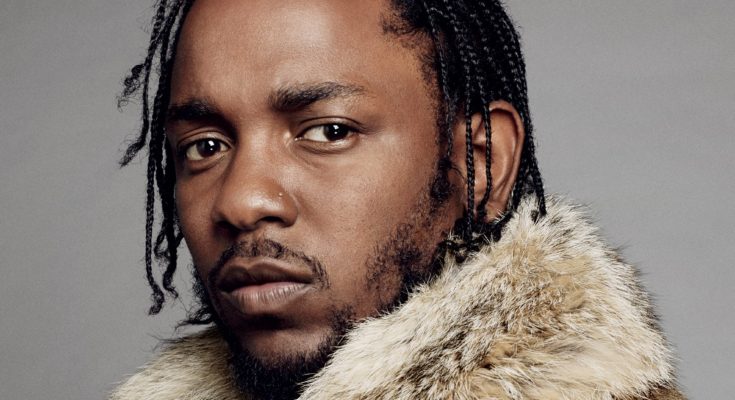When you write about hip-hop for a living, you get used to hearing from the naysayers. The people who shut their eyes, plug their ears and refuse to acknowledge what’s happening. Who say that hip-hop is a fad and ask you when it’ll be over. But this movement isn’t going to disappear–it’s been around for nearly half a century–and this year, the picture of music’s winners and losers can be seen through the lens of hip-hop.
This summer, for the first time since Nielsen started measuring music consumption, hip-hop took over from rock as America’s dominant genre. R&B/Hip-Hop now comprises 25.1% of all music consumption in the country, compared to 23% for rock. Rap’s rise, of course, is intricately tied to the rise of streaming.
“You don’t really have to own anything anymore,” Nielsen’s David Bakula told FORBES earlier this year. “Because for $10 a month you can do this: You can have everything.”
Though rockers still moves more physical units than rappers, more than half of the top 15 musicians in terms of on-demand streams were hip-hop acts during FORBES’ June 2016-June 2017 earnings scoring period. And the results were reflected in the acts’ bottom lines: The genre’s top 20 earners pulled in $619.5 million in 2017, up 38% from last year’s $448.5 million haul.
It’s been a good year for Jay-Z, Diddy and Dr. Dre–who are not only the three wealthiest rappers, but among the top ten richest celebrities in America. The former two had a particularly memorable 12 months, with Diddy clocking a career best $130 million in annual earnings, more than any front-of-camera entertainer on the planet. Jay-Z, meanwhile, reinvented himself as a cultural thought leader and social activist with the release of new album 4:44.
And yet, there are fresh faces among hip-hop’s cast of winners. 30 Under 30 alums Drake, Kendrick Lamar and Chance the Rapper each established new career highs on the earnings front, pulling in $94 million, $30 million and $32 million, respectively. Lamar is up for seven Grammys this year, second most of any artist, trailing only Jay-Z’s eight nominations.
“It’s really about failure, not being in fear of that,” Lamar explained. “Once you tackle that and block that idea, and you know it’s okay to actually make a mistake or to fail at something, you get back up and try it again.”
Behind the likes of Lamar, who recently turned 30, an even younger generation of rappers–featuring the likes of Lil Uzi Vert, Migos and Cardi B–has exploded with the help of the ubiquity brought on by streaming. It will be incumbent upon them to take this opportunity and turn it into lasting wealth.
To be sure, there are plenty of stars in the music business beyond hip-hop who’ve been achieving all sorts of victories over the past year. Among them: Coldplay, which clocked its biggest year yet with the third-highest-grossing tour of all time, to Kesha, who returned to the pop charts after a years-long battle with her alleged tormentor, Dr. Luke. He’s one of music’s biggest losers–if not in terms of employment, then by reputation, given the horrific details Kesha has put forth regarding their relationship even as he has disputed claims throughout a web of ensuing lawsuits.
And just as hip-hop has launched many of 2017’s biggest winners in the music business, it has also produced some of its biggest losers. Russell Simmons, one of hip-hop’s mightiest moguls and pioneers, has stepped down from his businesses in the wake of several allegations of rape and sexual assault (which he has denied). On the younger end of the spectrum, controversial up-and-comer XXXTentacion has been jailed on charges of brutalizing his ex-girlfriend and now could face decades behind bars. (Written by Zack O’Malley Greenburg) Continue Reading:









